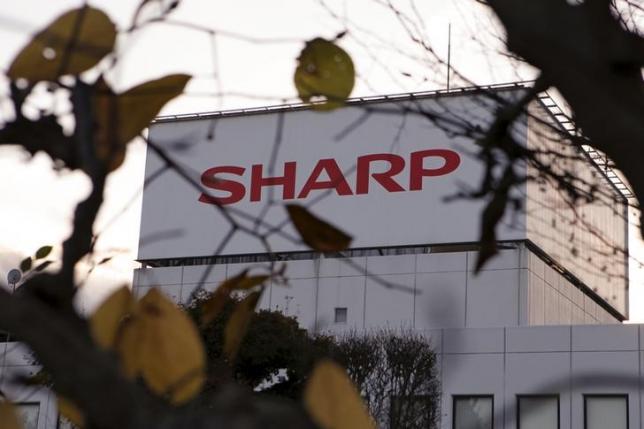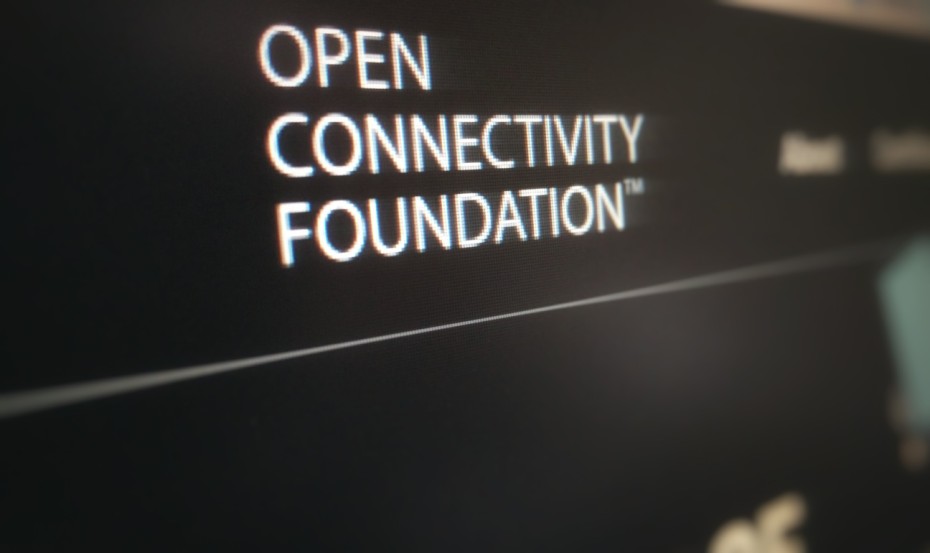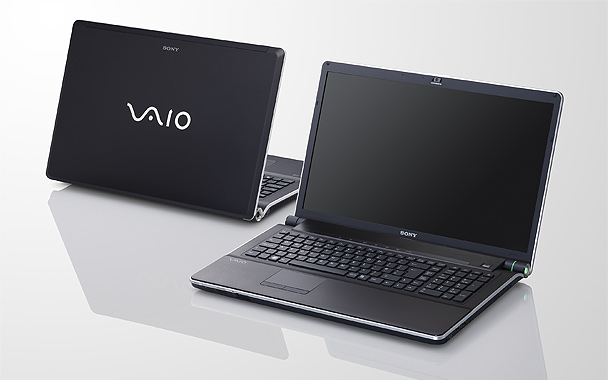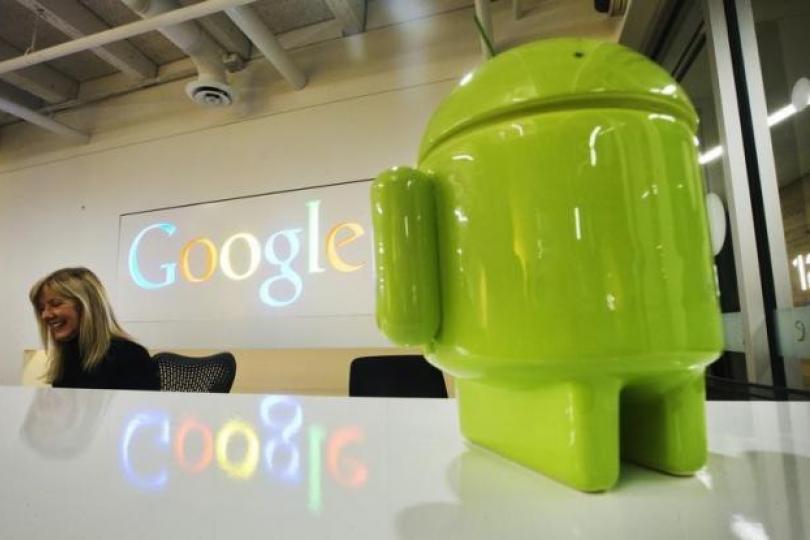
Taiwan's Foxconn put its takeover of electronics maker Sharp Corp on hold on Thursday after discovering previously undisclosed liabilities, sources said, throwing into doubt what was set to be the biggest takeover by a foreign firm in Japan's technology sector.
Loss-making Sharp announced earlier in the day that it had agreed to be bought by Foxconn, a contract manufacturing firm that is a major Apple Inc supplier.
But, in a separate statement issued just hours later, Foxconn said it would not sign until it had clarified terms in "new material information" from Sharp. It did not elaborate.
Two sources with direct knowledge of the matter said the Japanese group had contingent liabilities that amounted to "hundreds of billions of yen".
That issue would have to be resolved before a deal could be finalised, said the sources, who spoke on condition of anonymity as the talks were confidential.
Read more: Foxconn deal for Japan's Sharp in doubt after last-minute hitch

Mobile text messaging has long been an important source of revenue for phone carriers around the world. Metered charges for sending SMS (Short Message Service) and MMS (Multimedia Messaging Service) are still in place for many users. In response, app-based messengers including WhatsApp (used by over 1 billion people), Facebook Messenger, LINE, iMessage, and WeChat have grown in popularity.
Today, Google and industry group GSMA announced an initiative to better compete with these apps using an enhanced version of SMS called Rich Communications Services (RCS). The new standard promises better group chat features, high-resolution photo and file sharing, video calling services, and read receipts, a long-time feature of app-based messengers.
Read more: Google and global carriers plan to replace SMS with new RCS messaging

The Open Connectivity Foundation (OCF) was announced by Microsoft, Intel, Qualcomm, Samsung, Cisco, General Electric, Electrolux, and other partners that were involved in an effort to further industry standards for the Internet of Things (IoT).
As IoT stands at the current time, there are a variety of open standards and proprietary technologies that connect Things. This creates an environment of fragmentation.
Read more: Microsoft, Intel, Qualcomm, and others announce the Open Connectivity Foundation

According to a report from BloombergBusiness, Vaio Corp. is looking to make a three way merger with Toshiba Corp. and Fujitsu Ltd.
Vaio, formerly the PC arm of Sony, is likely to have the majority stake in the new venture with Toshiba and Fujitsu. According to the report, it will only be Toshiba's and Fujitsu's PC divisions that merge with Vaio.
All three of the the firms have been struggling in the PC market, especially given the rise of smart phones. Toshiba dropped off of the top five PC OEMs list in 2010 to give rise to Asus, who still holds the number five spot.
Read more: Vaio to merge with Toshiba and Fujitsu to compete in PC industry

Snowman’s “Alto’s Adventure” caused a stir when it launched on Android Thursday. The downhill skiing game is priced at $2.99 on iPhone, but on Google’s platform it’s free with in-game bonuses available for purchase. Why the price difference? The game’s developers say Android apps are pirated so frequently that charging for downloads has become almost pointless. And Android owners are, on average, less affluent than Apple customers — meaning they’re likely to spend less on apps.
But that doesn’t mean developers are set to ditch the Google OS, as companies like Snowman are coming up with creative new ways to monetize their Android products.
Snowman cited data from Ustwo Games to justify its pricing decision. Ustwo develops “Monument Valley,” and in January 2015 the company revealed that just 5 percent of the game’s Android installs were paid for. A “small portion” of the remaining 95 percent were legitimate and included free copies handed out to the press, while the others were pirated. On iOS, 40 percent of installs were paid for. That’s still less than half, but it represents a significantly lower rate of piracy than what prevails on Android.
Read more: Android’s Piracy Problem Is Forcing Developers To Give Away Games
Subcategories
TIPS & TRICKS ICT WORLD
- Codeigniter4: Howto fetch data by ID (button click) from database using JQuery Ajax
- Howto stop vulnerable Open Memcached on a Zimbra Server.
- Proxy Server not running on Zimbra Mail Server.
- Howto remove .php, .html extensions on a web page using .htaccess file
- How to Increase the Max Upload Size Limit
- Howto Create a Distribution List or Mailing List in Zimbra mail server
- Howto configure redirection/forward of specific user emails to another email address in Cpanel
- Restore WhatsApp Backup in Android and iPhone
- Howto backup your WhatsApp messages to your Google Drive.
- RESOLVED in JOOMLA3.9: “Error: Application Instantiation Error: Call to undefined method JApplicationHelper::getHash()”
- Howto configure Microsoft Outlook 2016
- How to embed a tweet in to any website (WordPress, Joomla and Drupal)
